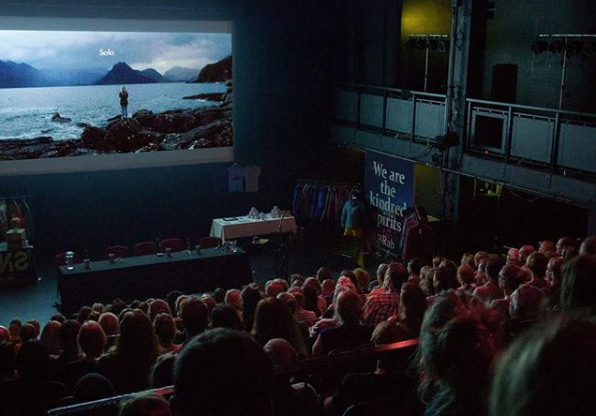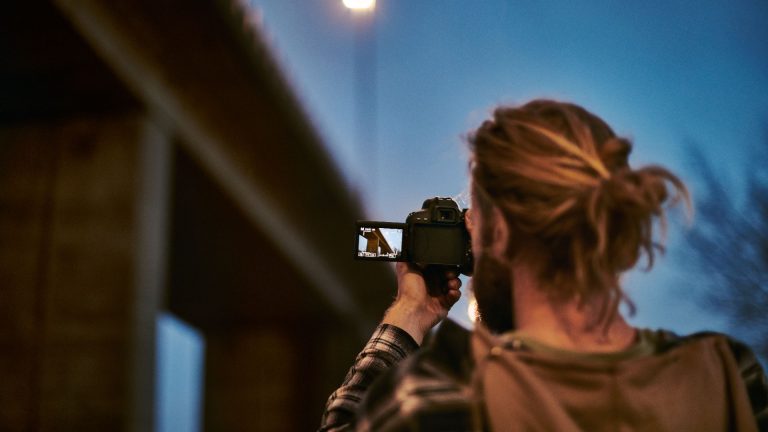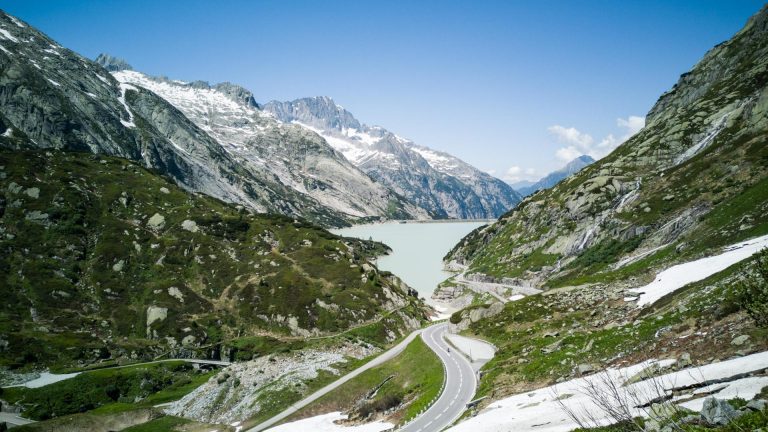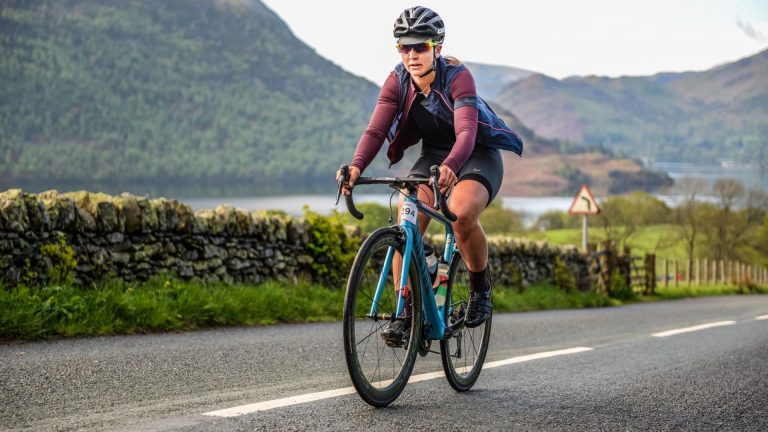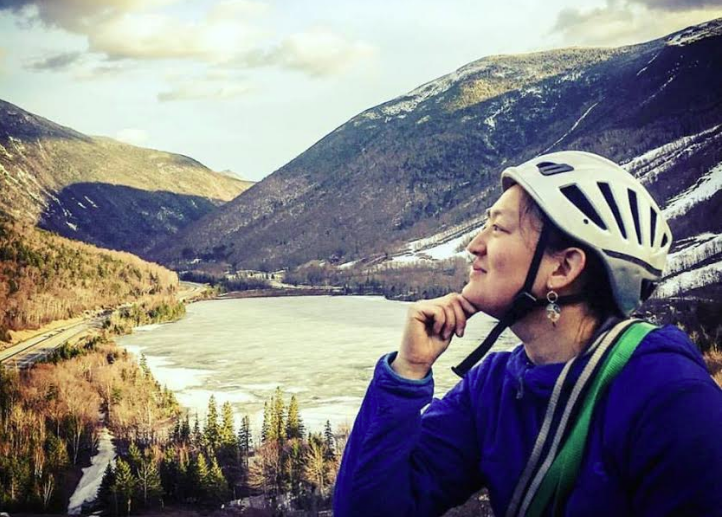
Adventurers, nature and writing have always gone hand in hand, from the mountains that inspired great works of fiction, to the explorers whose diaries have made others dream about following in their tracks. When Shextreme launched a competition to find the best female adventure poet of the year therefore, we thought it was a fantastic idea and were more than happy to support more female voices being heard in adventure writing.
We caught up with Sarah Audsley, the amazing author of ‘Questions: Ownership’ and Shextreme’s winning poet, when she came over from the US to read in Bristol last month. Read on to find out more about Audsley’s work and how you too can start turning your adventures into works of art.
The full poem Questions: Ownership is being showcased on Cooler and can be read here.
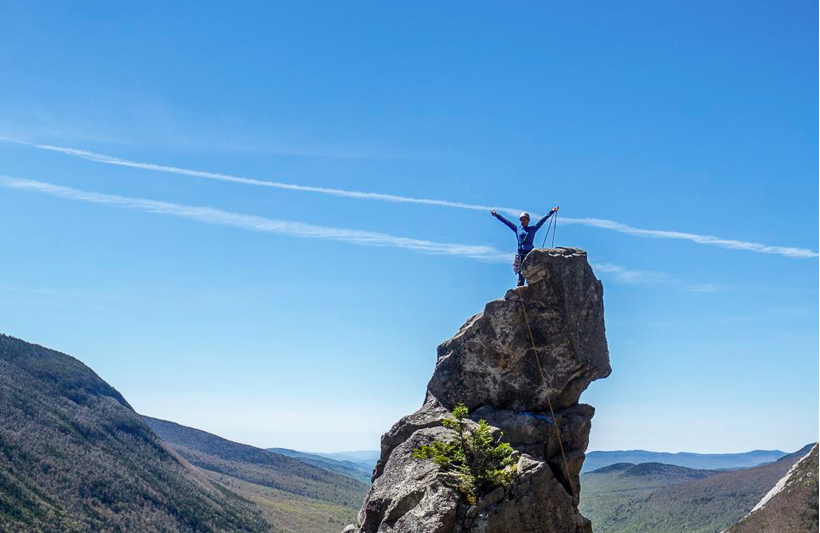
Interview: Ruth Farrar Photos: Sarah Audsley
Which passion came first: climbing or poetry?
I think I became a poet first before I became a climber. I actually started writing poetry in elementary school, but it was only recently that I committed to the craft of writing again after a long hiatus. Very naively, I did not know it was even possible to be poet. I became enamored with climbing in my twenties when I had the great fortune of climbing up to Point Lenana, the highest non-technical summit on Mount Kenya, during a study-abroad program in college. Istood on that summit and was told it wasn’t the true summit, that the real highest point required technical climbing skills. I vowed I would acquire those skills right then and there. For developing both skills, writing poetry and climbing, it’s been a slow, but rewarding process.
How has your climbing practice informed your poetry?
I think climbing requires dedication, patience, and discipline. Poetry does as well. I need to spend a lot of time outside, hiking, climbing, or even just staring out at a lake or a mountainous landscape. Constant body movement allows me to drain away the non-essential thoughts in my head and helps my writing get to something deeper on the page.
What top three tips would you give a female writer wanting to create their first adventure poem?
Go have an adventure! You can’t write about something if you don’t actually have an adventure to write about. It’s that simple: go get outside and move in a landscape you love. Then brew a good cup of tea or coffee, sit down, and write about that experience. Finally, revise! It’s where the real “work” gets done.
Where did the inspiration come from for your winning entry – “Questions: Ownership”?
I think the inspiration for “Questions: Ownership” came from continually going back to the same places where I love to hike and climb in Franconia Notch State Park in New Hampshire. I’ve spent a lot of time in this particularly special part of the White Mountains, in all seasons, in all weather, in very different personal, mental, and emotional states of mind and being. I think it’s particularly wonderful to have a deep relationship and connection to a place year after year.
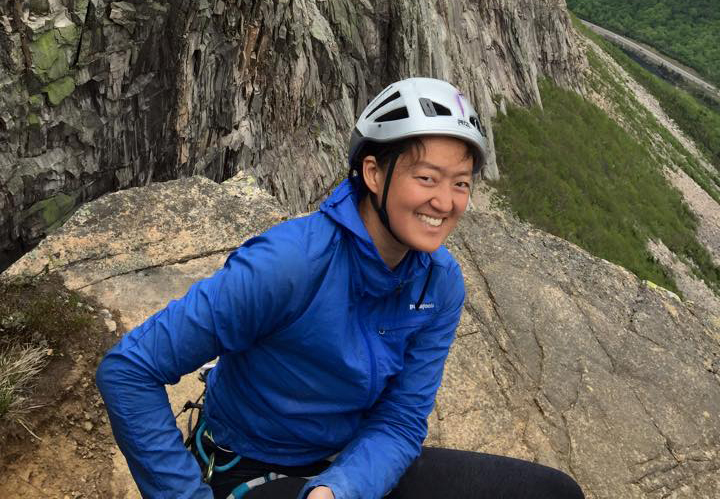
What message or themes are you hoping to convey to the reader in “Questions: Ownership”?
Some of the messages or themes in this poem might convey metaphorical pondering on what it means to “own” or dominate a landscape. As humans we often think it’s our right to be here. With this poem, I’d like to think that my speaker in the poem calls into question her own personal “ownership” to a landscape when really the landscape seems to claim her. Owning the intangible is a slippery desire.
Do you have any particular writing rituals? How do you go from the high adrenalin and concentration of climbing to a quiet deeper internal place to write?
I read a ton. I also try to write consistently. I don’t write every day, but I do maintain a disciplined writing practice of sitting down and “showing up” on the page. Often times, mornings are better for me for writing because work emails, to-do lists, etc haven’t bogged down my brain. I actually don’t think that climbing is necessarily always “high adrenalin”, I think it’s more considered, calculated risk assessment. And, it requires focus and attention to detail, much like writing poetry does. I think it’s important to try to incorporate both into one’s schedule.

